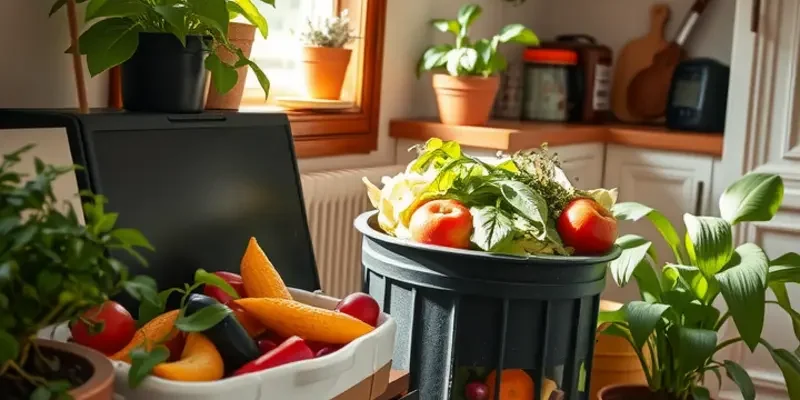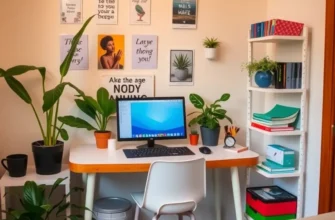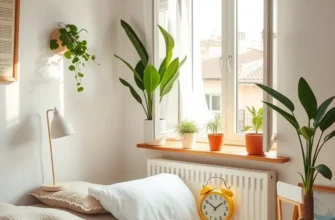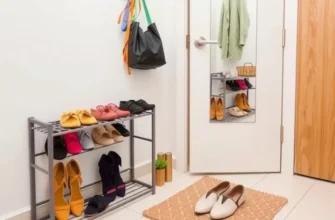Living in an apartment shouldn’t mean saying goodbye to your green aspirations. Young renters, couples, and families can all tap into the wonders of composting – yes, even right from that cozy studio or compact two-bedroom. Composting isn’t just for the backyard whisperers or the ambitious suburbanites anymore! This fun and engaging journey into composting will fill your kitchen with less trash and your soul with satisfaction. Imagine turning those sad banana peels and coffee grounds into nutrient-rich compost, nurturing your indoor plants or patio garden. With just a dash of creativity and a sprinkle of effort, we can all contribute to a greener planet, one apartment at a time. Grab your favorite mug, prepare for a few laughs along the way, and let’s dive into the world of composting comfortably in your apartment!
Composting Basics 101: Get to Know Your Kitchen Gold
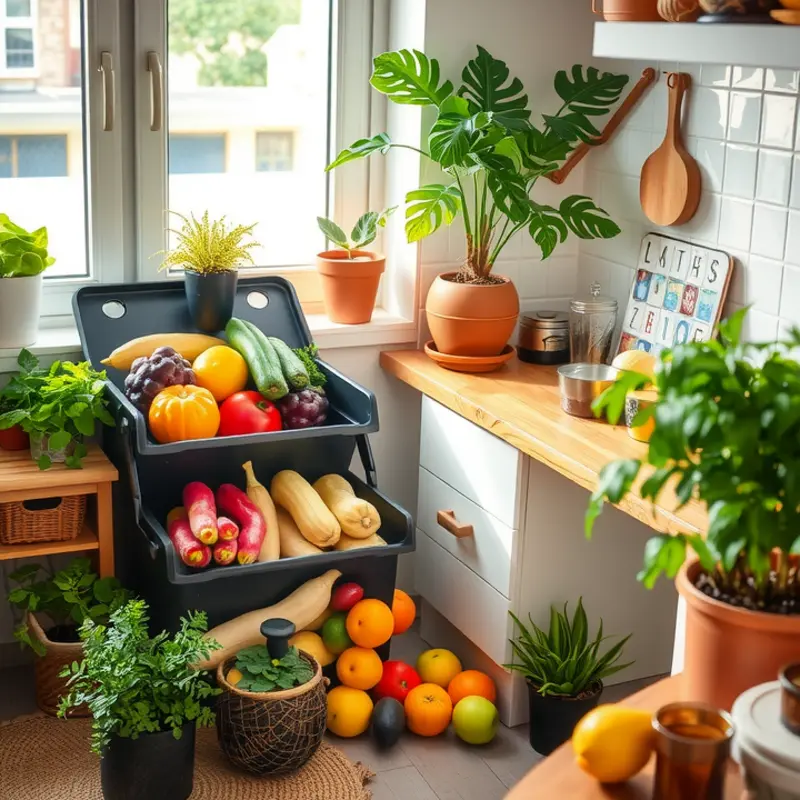
Composting might seem daunting if you’re living in an apartment, but this green practice is surprisingly adaptable to small spaces. Understanding what constitutes compostable material and choosing the right method for your space is key. Let’s break down the essentials to help you maximize your kitchen waste.
What Can Go Into Your Compost?
Start with the basics: kitchen scraps. Fruit and vegetable peels, coffee grounds, tea bags, eggshells, and small amounts of paper or cardboard are excellent additions to your compost. These materials provide nitrogen and carbon, necessary for microorganisms to break down the waste. Be cautious with citrus peels as they are acidic and can slow down composting if added in large quantities.
Animal products like meat, dairy, and oily foods should not go into your compost. These can attract pests and create unpleasant odors. Furthermore, avoid added chemicals, glossy paper, or treated wood. These contaminate your compost with toxins that aren’t beneficial for plant growth.
Composting Methods for Small Spaces
When it comes to methods, you have a few apartment-friendly options. Indoor Compost Bins are compact and can fit under the kitchen sink or in a pantry. Ensure your bin is airtight with a good filtration system to control odors. Look for ones with charcoal filters if possible.
If you’re open to alternative methods, consider vermicomposting, which uses worms to turn kitchen waste into compost. Red worms thrive in small bins and can convert waste quickly, producing nutrient-rich vermicast. This method is odorless and can be handled indoors comfortably.
Finally, bokashi composting offers a fermentation process using bran inoculated with beneficial microbes. It’s swift and can process a wider range of kitchen scraps, including small amounts of meat and dairy. Bokashi bins take little space and are an excellent choice for urban dwellers.
Maintaining Your Green System
Maintaining your compost involves ensuring a good browns (carbon-rich) to greens (nitrogen-rich) ratio. Aim for a 3:1 ratio of browns to greens to optimize decomposition. Turn your compost regularly if possible, to aerate the materials.
Controlling moisture is vital. The compost should feel like a damp sponge. Too much moisture risks rot, while too little slows decomposition. Sprinkle water gently if dry, or add more dry browns if too wet.
To further integrate sustainability in your apartment lifestyle, explore these apartment-friendly DIY cleaning products that pair well with your eco-friendly composting efforts.
Embracing green living is feasible even in compact spaces. By understanding composting basics and utilizing suitable methods, you can transform your kitchen waste into plant-nourishing material, all while minimizing your environmental footprint.
Your Composting Toolkit: Tools of the Trade for the Urban Composter
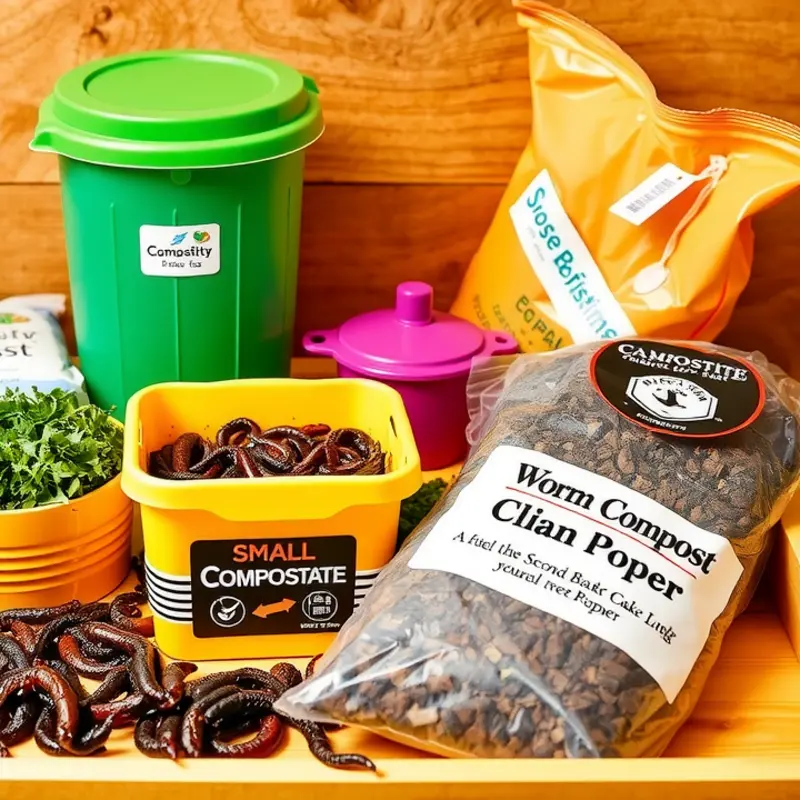
Composting in small spaces might seem daunting, but it’s a rewarding practice for eco-conscious renters. Understanding the right tools and techniques can transform your urban kitchen into a mini compost factory, providing a convenient way to reduce waste and enrich soil. This chapter delves into the essentials of small-space composting, making it accessible and fun.
Countertop Systems
For urban dwellers, a compact, odor-free composting system on the kitchen countertop is invaluable. These systems, often portable and discrete, are designed to minimize smell while maximizing efficiency. Look for units with charcoal filters and airtight lids to keep your composting discreet and pleasant. Many models offer an easy way to remove compost, ensuring that any kitchen mess is minimized.
Bokashi Buckets
Designed for small spaces, Bokashi buckets use a fermentation process to decompose organic matter quickly and without odor. This system is fantastic for apartments, as it requires no turning or aerating of compost. Simply add your food scraps, sprinkle with Bokashi bran, and seal the lid. Over a couple of weeks, the layers pile and ferment. Once processed, this matter can enrich your balcony garden or be buried in communal green spaces where permissible.
Vermicomposting
Embrace the worm! Vermicomposting uses earthworms to break down organic waste into nutrient-rich compost. Contrary to popular belief, this method can be an apartment-friendly and low-maintenance option. Start with a well-ventilated bin and a colony of worms, which you can place under the sink or in a closet. As worms digest food scraps, they produce ‘castings’—an excellent fertilizer. Managing moisture levels is key to preventing any odors, making it a clean and sustainable option.
Compost Tumbler
If you have a balcony, consider a small compost tumbler. These allow for easy mixing and aeration of your compost, helping speed up the process. Compact tumblers can fit in small exterior spaces and eliminate the need for manual turning with a fork. The design not only helps maintain a clean area but also ensures even decomposition.
Odor and Pest Control
A major concern for apartment composting is managing odors and pests. Charcoal filters and tightly sealed lids can help with smells. Additionally, regular cleanings and sterilization of bins avoid attracting unwanted pests. Integrating a simple cleaning routine can make composting part of your daily life, as can be found in apartment-friendly DIY cleaning products.
Planning Your Compost Journey
Once you’ve established a method, consistency is key. Start small, but commit to regularly adding scraps to your compost system, and remember to check and maintain the balance of green and brown materials. Always keep carbon-rich items like shredded paper or dried leaves on hand. This not only helps in decomposition but also keeps odors at bay.
By integrating these tools and methods into your apartment living, you’ll contribute to a greener urban environment while enjoying the rewards of making sustainable choices. With each kitchen scrap you compost, you’re making a positive impact on your environmental footprint, no matter the size of your space.
Final words
So there you have it! Composting in an apartment isn’t just a possibility; it’s a delightful reality waiting for you to embrace. With just a little effort, you can transform your food scraps into something beneficial for your environment, while also boosting your plant growth indoors. Plus, when your friends ask where that lush basil plant came from, you can proudly say, ‘My compost made it happen!’ Let’s make the earth greener together, one compost bin at a time!

